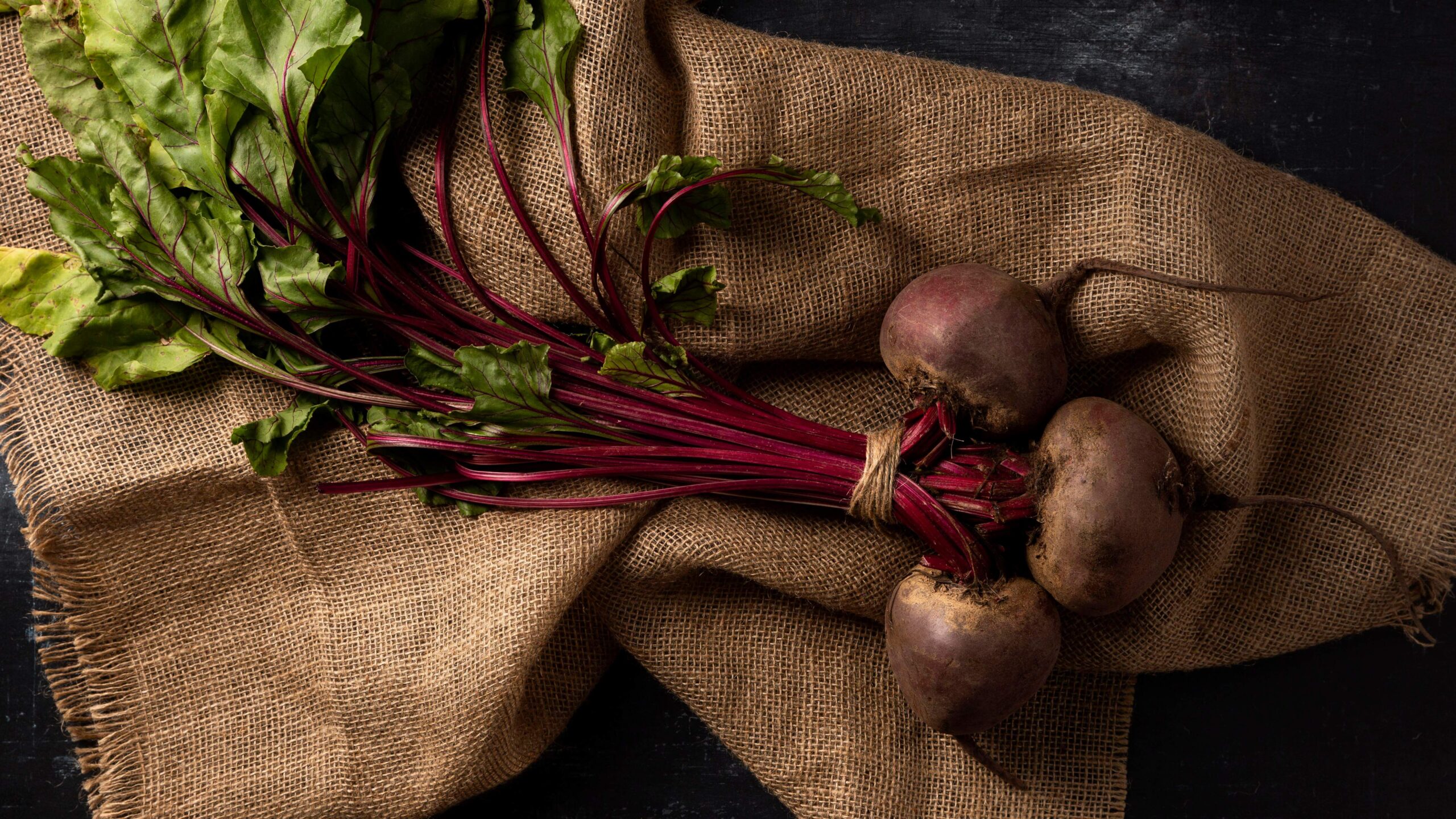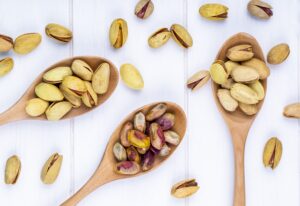Exploring the Incredible Health Benefits of Beetroot

Beetroot, scientifically known as Beta vulgaris, is a root vegetable that has gained popularity not only for its nutritional value but also for its vibrant and rich color. The deep red or purple hue of beetroot is attributed to pigments called betalains, specifically betacyanins and betaxanthins. These natural compounds not only give beetroot its visually appealing appearance but also contribute to its potential health benefits.
Beetroot has a long history of cultivation and consumption, dating back to ancient times. It is believed to have originated from the Mediterranean region and has been used in traditional medicine for various purposes. In recent years, scientific research has shed light on the remarkable nutritional composition of beetroot and its potential impact on human health.
The earthy and slightly sweet flavor of beetroot makes it a versatile ingredient in a wide range of dishes, from salads and soups to smoothies and juices. Its unique color can add vibrancy and visual appeal to any meal, making it an enticing addition to the culinary world.
In the next sections, we will delve deeper into the nutritional composition of beetroot and explore its potential health benefits. By understanding the science behind beetroot’s vibrant color and its impact on the human body, we can fully appreciate the value that this humble root vegetable brings to our overall well-being.
Nutritional Composition of Beetroot
Beetroot is not only visually appealing but also packed with a wide array of essential nutrients. Here is an overview of the key components found in beetroot:
In the following sections, we will explore the specific health benefits associated with the consumption of beetroot.
Health Benefits of Beetroot
Beetroot offers a range of potential health benefits due to its unique nutritional composition. Incorporating this vibrant vegetable into your diet may have the following positive effects on your well-being:
1. Boosts Cardiovascular Health
Beetroot has been widely studied for its cardiovascular benefits. The nitrates found in beetroot can help lower blood pressure by relaxing and widening blood vessels, promoting better blood flow. Improved blood flow and reduced blood pressure can contribute to a lower risk of heart disease and Stroke. Additionally, the antioxidants in beetroot help reduce oxidative stress and inflammation in the cardiovascular system, further supporting heart health.
2. Enhances Exercise Performance
The natural nitrates in beetroot have been shown to enhance exercise performance and stamina. Nitric oxide, produced from dietary nitrates, improves blood and oxygen delivery to muscles, leading to enhanced endurance and reduced fatigue during physical activity. Studies have demonstrated that consuming beetroot juice or supplements can improve exercise efficiency, increase time to exhaustion, and enhance overall athletic performance.
3. Supports Liver Detoxification
Beetroot contains betaine, a phytochemical that supports liver function and assists in the detoxification process. The liver plays a crucial role in filtering toxins from the body, and betaine helps protect liver cells from damage. Additionally, the betalain pigments in beetroot have been associated with potential detoxifying properties, aiding in the elimination of harmful substances from the body.
4. Aids in Blood Pressure Management
Regular consumption of beetroot has been linked to improvements in blood pressure control. The nitrates in beetroot help relax and dilate blood vessels, leading to a reduction in blood pressure. Including beetroot in your diet, whether in raw, cooked, or juice form, may contribute to maintaining healthy blood pressure levels.

5. Provides Antioxidant and Anti-inflammatory Properties
Beetroot is rich in antioxidants and anti-inflammatory compounds, which can help protect against chronic diseases. The betalain pigments present in beetroot exhibit potent antioxidant and anti-inflammatory effects, helping to neutralize harmful free radicals and reduce inflammation in the body. These properties contribute to overall well-being and may play a role in preventing certain diseases.
6. Antitumor Activity
Some studies have suggested that beetroot and its extracts may possess antitumor properties. The betalain pigments, along with other bioactive compounds in beetroot, have shown potential in inhibiting the growth of cancer cells and reducing tumor formation. However, more research is needed to fully understand the mechanisms and potential benefits of beetroot in cancer prevention and treatment.
7. Improving Cognitive Function
The nitrate-rich nature of beetroot may have positive effects on cognitive function, particularly in older adults. Nitric oxide, derived from dietary nitrates, improves blood flow to the brain, enhancing oxygen and nutrient delivery. This increased blood flow may support cognitive processes such as memory, attention, and decision-making. However, further studies are necessary to establish the specific cognitive benefits of beetroot.
In the next section, we will explore creative ways to include beetroot in your diet.
Creative Ways to Incorporate Beetroot into Your Meals
Beetroot’s vibrant color and earthy flavor make it a versatile ingredient that can be used in various dishes. Here are some creative ideas to include beetroot in your meals:
Remember, beetroot can stain surfaces and hands due to its intense color, so be cautious when handling and prepare it on a cutting board or use gloves if desired.
While these are just a few ideas, feel free to experiment and incorporate beetroot into your favorite recipes to enjoy its nutritional benefits and vibrant appeal.
Precautions and Potential Side Effects
While beetroot offers numerous health benefits, it’s important to be aware of certain precautions and potential side effects associated with its consumption. Here are some considerations:
It’s essential to listen to your body and make adjustments based on your individual needs and any existing health conditions. If you have any concerns or specific health conditions, it’s recommended to consult with a healthcare professional before making significant changes to your diet.
Takeaway
Beetroot, with its vibrant color and rich nutritional composition, offers a range of potential health benefits. From cardiovascular health and exercise performance to liver detoxification and blood pressure management, this versatile vegetable packs a powerful punch. Its antioxidants and anti-inflammatory properties may help protect against chronic diseases, and there are even indications of potential anticancer effects. Additionally, beetroot’s nitrate content has shown promise in improving cognitive function.
However, it’s important to be mindful of potential allergies, kidney stone risks, and interactions with blood pressure medications. Beeturia, the harmless discoloration of urine or stools, may occur after consuming beetroot.
Remember to consult a healthcare professional if you have any concerns or specific health conditions before making significant changes to your diet.






